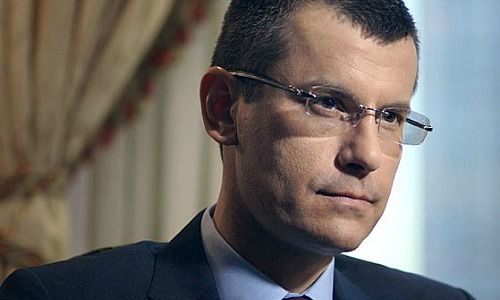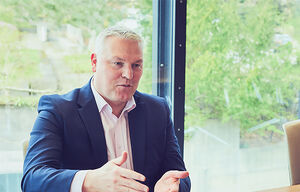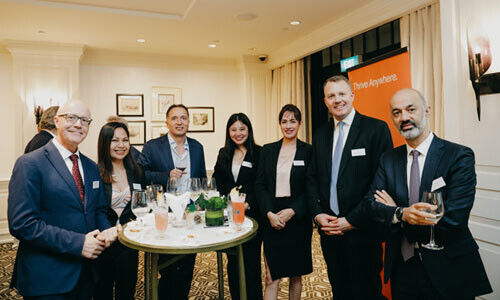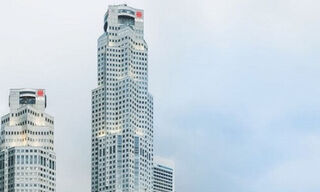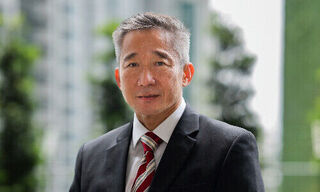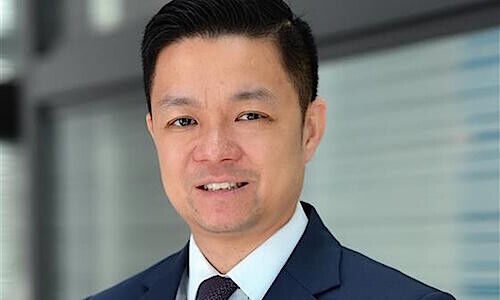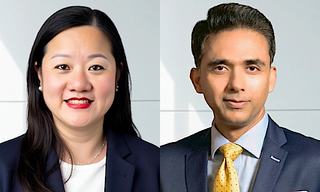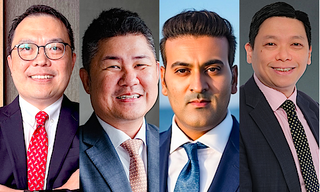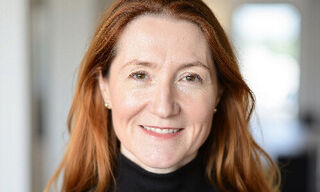UBS Joins Cancer Fight
UBS, the world’s largest wealth manager, has concluded fundraising for an impact investing fund aimed at developing cancer treatments. More than half the funds raised originate from the Asia Pacific region.
The Zurich based bank has raised a record $471 million for the final closing of an impact investing fund aimed at developing cancer treatments.
Investments will be made in early stage oncology to accelerate the development of new cures. Cancer care is particularly suitable for this kind of investment because of a supportive regulatory environment.
Investing for Societal Good
Impact investing aims to generate a defined positive social impact as well as a competitive return. It is an attractive area for investors who wish to align their portfolios with their values. It is potentially a highly significant source of capital for oncology, given cancer's wide-ranging social implications.
In addition to investing in early-stage cancer treatments, UBS's oncology impact investing fund will also support academic research and better access to cancer care in the developing world.
Change The World
UBS Wealth Management's Chief Investment Office has identified a number of other themes as attractive from an impact investing perspective, including textile supply chain innovation, affordable emerging market healthcare, insurance for climate change resilience, and protein alternatives.
«Impact investing gives our clients an opportunity to change the world and earn a financial return simultaneously. Using this growing medium to target cancer, the planet's no 1 killer, helps fulfil a critical social goal,» said Mark Haefele, Global Chief Investment Officer at UBS Wealth Management.
The market for cancer drugs is expected to grow faster than for any other disease, due to populations ageing in developed countries and an expanding middle class in emerging markets with better access to care. Oncology is the largest and fastest growing therapeutic area in terms of drug development activity, representing approximately a quarter of total research spend.

